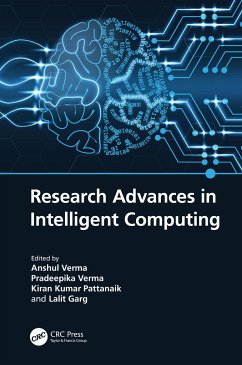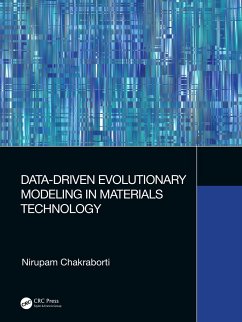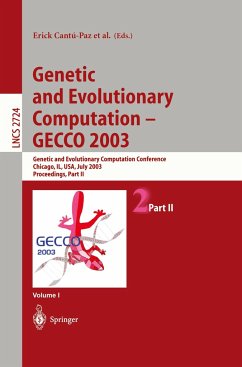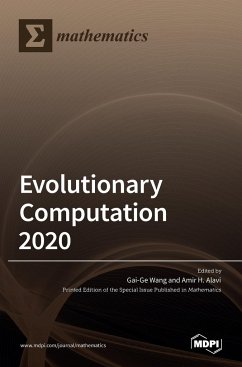
Evolutionary Computation 1
Basic Algorithms and Operators
Herausgeber: Baeck, Thomas; Michalewicz, Z.; Fogel, D. B

PAYBACK Punkte
48 °P sammeln!
Offers information on algorithms and operators used in evolutionary computing. This book discusses the basic ideas that underlie the main paradigms of evolutionary algorithms, evolution strategies, evolutionary programming, and genetic programming. It is suitable for individual researchers, teachers, and students in the field.














